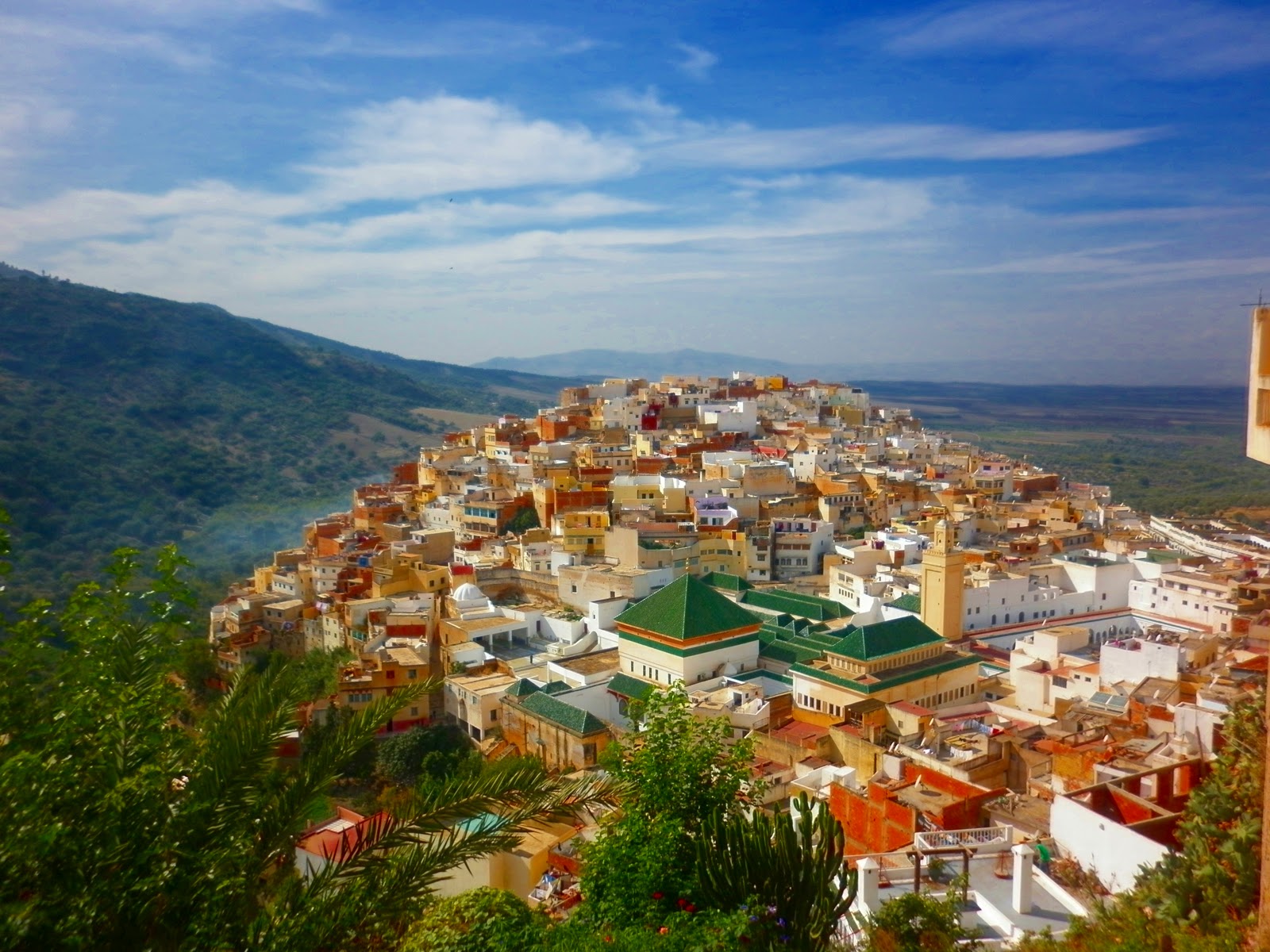By Sara Caputo
If you want to know the roots of your ancestry, maybe you’ll take a DNA test – they’ll take a swab of your spit and a machine will tell you that your family tree extends to this country and that region, and maybe it’ll even surprise you. But if you want to see where we all came from, there may be a new destination to put in your plans.
In the vast savannahs of Morocco, where earthy greens mix with deep brick reds giving way to verdant oases throughout the landscape, a history-altering discovery has been made that can give us critical insights into our history as a species. In the arid hills of Jebel Irhoud, archaeologists have uncovered what is believed to be the oldest fossilized remains of what they term “early modern humans,” dated a good 100,000 years before previous findings. Several regions on the continent of Africa have been deemed the birthplace of modern humanity, but never before have remains been found this far north.
Knowing these findings exist lends a whole new aura to the area. It gives the land a sacredness in league with the city’s towering mosques and rich, well-preserved culture. Though it isn’t feasible (or practical) to try and visit the actual site, with only one small, dusty road leading to what largely looks like a pile of rocks, there are ways to connect with this bit of our human history and get to enjoy the beauty of Morocco.
Historical, religious, and architectural gems are sprinkled throughout the country, and some of the most fascinating can be found in the gorgeous hilltop city of Meknes. This urban and cultural hub is an imperial city that has a cornucopia of historical sites that will satisfy any traveler’s longing to explore a bridge between modern civilization and one of a time long gone.
Take a day trip outside Meknes and cross the threshold of an ancient city that has been marvelously preserved. One can imagine the splendor and beauty that defined the now-ruins of Volubilis, believed to have been constructed around 40 AD. The city, which has been named a UNESCO world heritage site, is home to grand Roman architecture and gorgeous mosaics that still paint a picture of a people once thriving in a busy metropolis. You can walk through the ruins in about an hour, making it a perfect place to take your time and explore. Looking around, the Roman and classical influence is striking, giving a clear idea of how far the great empire really spread.
Open your eyes and your mouth, too, at the luxurious Volubilia-Domaine de la Zouina, a gorgeous winery 20 minutes outside of Meknes and 45 minutes from the Volubilis ruins. A relaxing and indulgent way to close the day, a wine tasting can help you digest all the beauty that surrounds. Personable staff will guide you around the property, where you can soak in the vast fields where they grow not only the grapes for their wines, but also olives for their delicious and delicate olive oils. It’s hard to leave without trying to convince yourself that you actually need four different wines and two types of olive oil.
This is just a taste (literally) of the vast array of ways to enjoy the history and culture of this important region without sacrificing the luxury you want out of a holiday. The area features multiple 4-star hotels, all with strikingly low nightly rates. The palm tree-enveloped, castle-like accommodations are elegant and welcoming after a long day. You’ll sleep with wonder knowing that you are closer to the home of our ancient ancestors.



